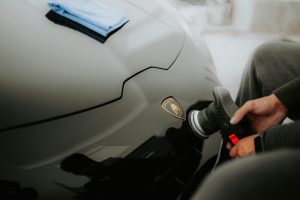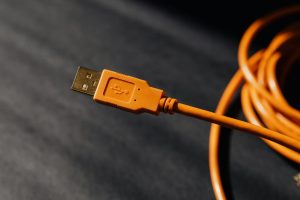Solar Hoods: Hyundai’s Sun-Powered Range Extenders
Sun-powered vehicles have been a hot topic in the automotive industry for years now. With the increasing concerns over climate change and the depletion of traditional energy resources, car manufacturers are constantly exploring new and innovative ways to make vehicles more sustainable and eco-friendly. One such innovation that has caught the attention of many is the solar hood, a technology that utilizes the power of the sun to extend the range of electric vehicles. In this article, we will take a closer look at Solar Hoods, specifically Hyundai’s Sun-Powered Range Extenders, and the impact they could have on the future of transportation.
What are Solar Hoods?
Solar Hoods, also commonly known as solar roofs or photovoltaic hoods, are car hoods that are equipped with solar panels. These panels are designed to harness the energy from the sun and convert it into electricity, which can be used to power various features of the vehicle, including the engine, lights, and even the air conditioning system. The primary objective of solar hoods is to reduce the reliance on traditional fuel sources and provide a more sustainable alternative.
Hyundai’s Sun-Powered Range Extenders
Among the many automobile companies that have invested in the development of solar hoods, Hyundai has made significant strides with its Sun-Powered Range Extenders. In 2020, Hyundai announced plans to integrate solar roof systems into its latest models, starting with its Sonata Hybrid and Electric models. These hoods have been designed to provide an additional 800 miles of range per year, reducing the need for frequent charging and increasing the overall efficiency of the vehicle.
The Technicalities Behind Hyundai’s Solar Hoods
So, how does it all work? Hyundai’s solar hoods are equipped with a mechanism called the solar charging system, which comprises a silicon solar panel and a controller. The solar panel is made up of photovoltaic cells that are designed to capture sunlight and convert it into electricity. This electricity is then fed into the vehicle’s battery, providing it with an additional source of energy.
In addition to its functionality, Hyundai has also paid attention to the aesthetics of the solar hood. The company has developed a semi-transparent panoramic sunroof, which gives the car a sleek and futuristic look, while also maximizing the amount of energy that can be captured from the sun. The solar panels are also highly durable, equipped to withstand harsh weather conditions without compromising the aerodynamics of the vehicle.
The Future of Solar Hoods
Solar Hoods have the potential to revolutionize the way we think of electric vehicles. The current version of Hyundai’s Solar Hoods can provide an additional 800 miles per year, but the company is continuously investing in research and development to improve this number. In the future, we could see solar hoods that can completely power the vehicle, eliminating the need for traditional energy sources. This would not only make electric cars more efficient but also make them more affordable in the long run.
Moreover, the technology behind solar hoods is not limited to just cars. Other modes of transportation such as buses, trucks, and even bicycles could potentially benefit from solar hoods, making them more sustainable and environmentally friendly.
Final Thoughts
Solar Hoods are a step towards a greener and more sustainable future. Hyundai’s Sun-Powered Range Extenders have shown that the concept of solar hoods is not just a far-fetched idea, but a tangible and practical solution. As more and more countries pledge to reduce their carbon footprint and switch to greener forms of energy, solar hoods could play a crucial role in achieving these goals. With advancements in technology, we can only imagine the endless possibilities of solar hoods and the positive impact they could have on our planet.











